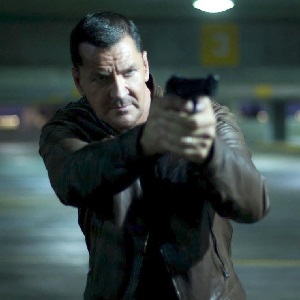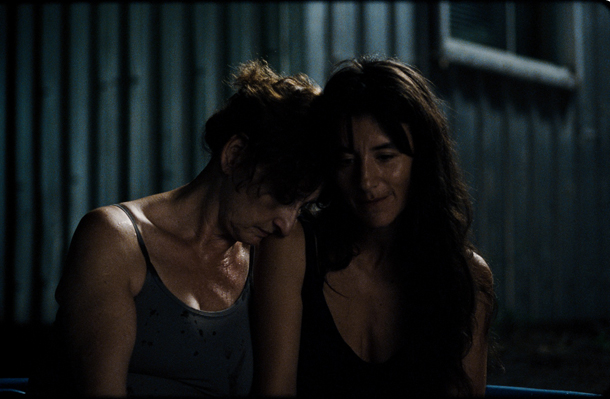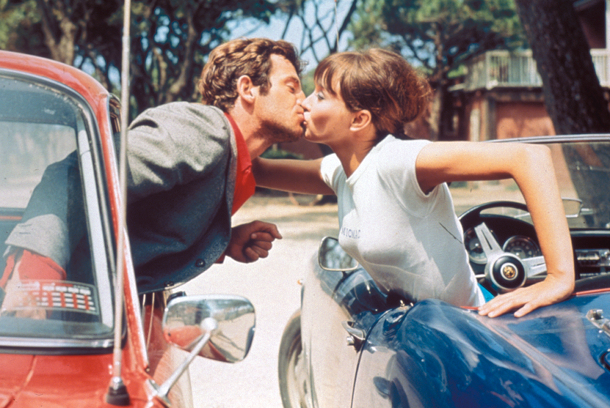
Review: The Outsider (2014)
Just how is it that action classics are born? Few, if any, are instantaneous; in recent years perhaps only The Raid—and, now, its sequel—has managed to acquire anything close to the clout required of a genre film to be declared an instant classic. No, reputation seems rooted above all in time, in a film’s ability to stand tall over those that release in its wake and re-work its ideas to lesser effect, if indeed to any at all. Take Die Hard, the standing of which was only enhanced last year by the two Die Hard-in-the-White-House films that served to evidence the strength of the original’s formula while showing that nothing, still, can quite manage to match it.


